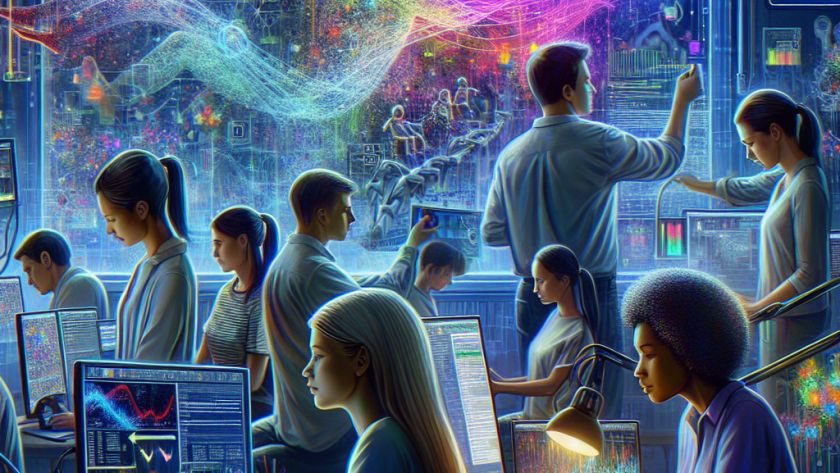Television hardware company TCL has ventured into the artificial intelligence (AI) sector to generate movie trailers and potentially position itself as a content creator. Its latest project is an AI-created movie trailer for an upcoming romance film, "Next Stop Paris". The AI-generated male lead character bears a strong resemblance to actor Austin Butler. The plot…












